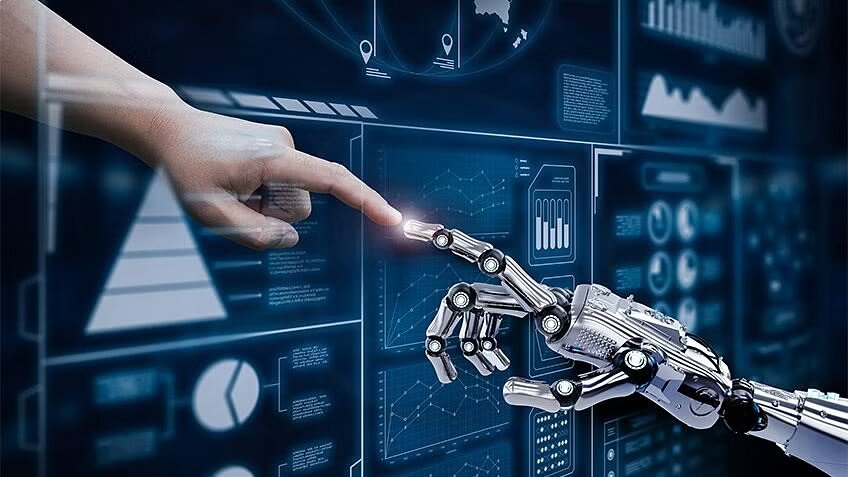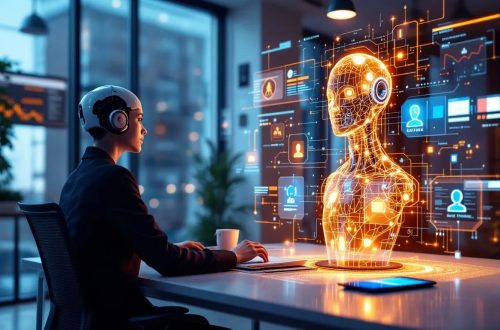In the ever-evolving landscape of gaming, one technology has been making significant waves, transforming the way games are played, designed, and experienced: Artificial Intelligence (AI). From enhancing NPCs (non-playable characters) to revolutionizing gameplay mechanics, Deep learning has become a game-changer, quite literally.
The Evolution of AI in Gaming
Gone are the days when NPCs followed rigid patterns, uttering pre-recorded lines, and exhibiting predictable behavior. Thanks to AI, these characters now possess a semblance of intelligence, adapting to players’ actions and making the gaming experience more immersive. AI algorithms analyze player behavior, adjusting the game’s difficulty or providing tailored experiences, ensuring challenges remain engaging without becoming overly frustrating.
Enhancing Gameplay
AI isn’t just limited to character behavior; it’s fundamentally altering gameplay mechanics. Procedural generation, a technique powered by AI, creates vast, dynamically generated worlds, ensuring each playthrough feels fresh and unique. Games like “No Man’s Sky” and “Minecraft” thrive on this technology, offering endless exploration and discovery.
Additionally, AI-driven algorithms are being used to optimize game environments in real-time, adjusting lighting, sound effects, and even altering the storyline based on player choices. This adaptability adds layers of complexity, allowing for a more personalized gaming journey.
AI-Powered Assistance
Moreover, AI isn’t merely a tool for game developers; it’s increasingly becoming a companion for players. In-game assistants or guides powered by AI provide hints, strategies, or suggestions, ensuring players don’t get stuck at difficult levels. These AI assistants analyze player behavior, learning from each interaction to offer more tailored and effective guidance.
Changing the Game Development Process
AI’s impact extends beyond gameplay; it’s reshaping the entire game development process. Game designers are utilizing AI to streamline tasks like character animation, world-building, and bug fixing. Machine learning algorithms aid in testing and debugging, reducing the time and resources required for game development. This not only speeds up the process but also allows developers to focus more on innovation and creativity.
Challenges and Ethical Considerations
However, the integration of AI in gaming isn’t without its challenges. As AI becomes more sophisticated, ethical considerations arise, especially concerning player data privacy, algorithmic biases, and the potential for addiction. Striking a balance between leveraging AI’s capabilities and ensuring ethical gaming practices is crucial for the industry’s sustainable growth.
Future Possibilities
Looking ahead, the future of AI in gaming seems boundless. Advancements in AI technologies like reinforcement learning could lead to AI agents that learn and adapt in real-time, creating entirely new gaming experiences. Virtual reality (VR) and augmented reality (AR) gaming could also benefit immensely from AI, creating more immersive and realistic worlds.
Artificial Intelligence has undoubtedly altered the landscape of gaming, from enhancing character intelligence and gameplay mechanics to transforming the game development process itself. As the technology continues to evolve, so will the gaming experiences it can offer. However, it’s essential to navigate the challenges responsibly, ensuring that AI-driven gaming remains not just innovative but also ethical and inclusive for all players.
The integration of AI in gaming isn’t just about changing the rules of play; it’s about redefining the entire gaming experience, making it more immersive, adaptive, and engaging than ever before.





